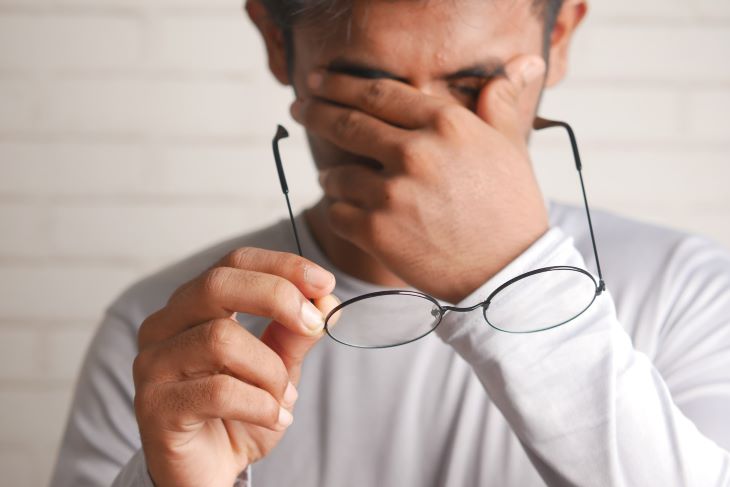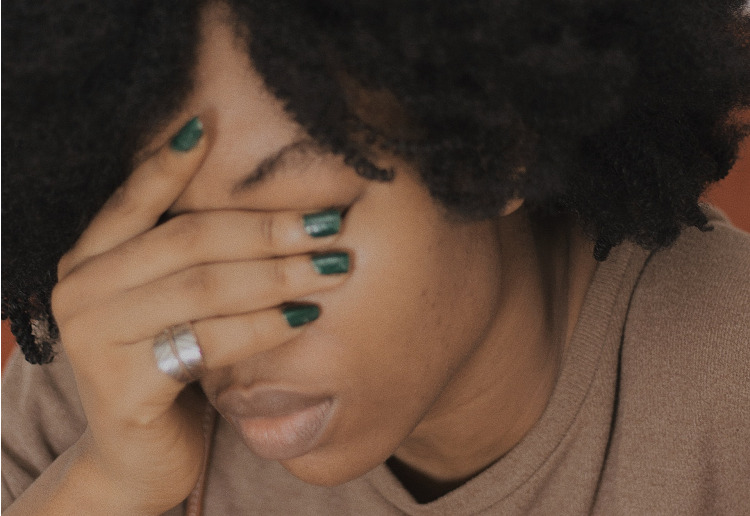The risk of substance abuse in teens is a very real problem for many people.
Recreational drugs and alcohol can become the focus of unhealthy consumption and misuse, but so too can substances which enter the home in a perfectly normal way.
Several prescription drugs can be misused by teens, and it is important to understand why this happens, how this happens, and how it can be prevented.

Prescription drugs are those which are recommended for an individual by a doctor or healthcare professional. They are chosen because of their specific effects and allocated based on their projected effectiveness in helping an individual with a particular problem.
Along with the name of a drug, prescriptions include a dosage that individuals are to stick to in order to ensure their consumption remains effective and safe. As long as these guidelines are followed, no harm can come.
However, an individual for whom the drugs are not prescribed may use the drugs illicitly. They may take it in secret in order to access some of its pleasant, pain-numbing effects, and this can be extremely dangerous, especially if those who are taking it are teenagers.

A teen who misuses prescription medication places themselves in immense danger. These substances are only given to those who require their effects, and so administering them to a body without the need (or proper supervision) can have horrible effects.
It is very common, for example, for those who misuse stimulants to suffer heart attacks and strokes, or those who abuse painkillers to experience depressed respiration [1]. Overdose is also a common risk, and this can easily result in needing to go to hospital or death.

There are a number of prescription drugs which can be the subject of abuse in teenagers, but they roughly fall into three distinct categories. They are:
Opioids, which include the drugs OxyContin, Vicodin and Demerol, are drugs which are often prescribed as a means of treating pain or alleviating symptoms of diarrhoea. They are effective in that they block pain messages in the brain by attaching to opioid receptors.
Teens may feel the inclination to abuse opioids to benefit from this numbing effect. Upon consumption, the lack of pain signals in the brain can produce a pleasurable feeling of calm and relaxation.
Central Nervous System (CNS) depressants are drugs which counteract a lot of symptoms associated with anxiety. They are prescribed when an individual struggles to manage their sense of panic, worries, or sleep schedule.
By reducing brain activity, these drugs boost GABA production, a neurotransmitter which creates a sense of calm and sleepiness. Teens may abuse it in order to exploit this effect. Examples of these drugs include Valium and Xanax.
Stimulants are a different category of drug altogether, designed instead to boost brain activity and create a state of hyperawareness and energy. Those who need them often struggle with narcolepsy or ADHD.
Including substances such as Ritalin and Adderall, these drugs may be abused in order to attain the ‘high’ of feeling energetic and ecstatic.

It is a huge generalisation to say that all teens have the motivation to abuse prescription drugs. Those who wish to do this are, of course, in the minority, and it is important to identify what risk factors compel certain individuals to engage in this behaviour.
Research shows that there is a genetic factor to the chances of addiction developing [2]. Those with a family history of substance abuse are likely to experience it themselves, and teens who are biologically vulnerable can succumb to temptation more easily.
Our upbringing shapes our views and interactions with the world. If a teen grows up in a household where prescription drugs are consumed without caution or restraint, they will be more likely to adopt similar attitudes when they become more independent.
Living with a mental health disorder is a very common prerequisite for developing an addiction. Those with dual diagnosis [3] are more likely to abuse prescription drugs initially as a means of relieving their negative, untreated symptoms.
The influence of our friends and family can be damaging to our behaviour. Especially amongst young people, the pressure to follow our friends’ lead or obey their dares can incite dangerous behaviours, and this can lead to stealing prescription drugs from the home.

Preventing teen prescription drug abuse can be really difficult, but there are steps that parents and carers can take to minimise the risk.
Teens who misuse prescription drugs are often unaware of the dangers associated with such behaviour. They may see it as a harmless way to get high, but the fact that the drugs are legal can skew their perception of what is safe.
To reduce the risk, ensure that your teenager knows the hazards associated with misusing the drug. Identify the reason for its prescription, citing the way it is designed to alleviate certain symptoms, but stress that using it casually can lead to serious health problems.
While part of the prevention process involves facts, the other half involves physical obstacles. All prescription drugs should be stored in a safe location, perhaps a medicine cabinet, and if there is a risk that they can be misused, it wouldn’t hurt to lock them away.
If you suspect that a teenager will try and abuse prescription drugs in the household, you should look out for some of the warning signs that they are in search of an addictive substance.
Do they ask about the drug a lot? Do they pretend to have symptoms in order to access the drug? Do they get angry when they are denied access to the drug? Spotting these signs can indicate when they are trying to get their hands on something they shouldn’t.

The risk of abusing prescription drugs is always higher when a teen is already misusing other substances. Addicted individuals build up tolerances and are often forced to seek out new substances which give them a sufficient high and overcome their body’s climatization.
Identifying addiction, therefore, is really important. The warning signs of substance use disorders can be difficult to spot, but there are common ones which can be observed in combination. They include:

Although it may seem like a symptom of being young for a teenager to seek out prescription drugs in order to get high, it is really important that this behaviour is combatted. While it may be motivated by youthful frustration, addictive habits cannot be allowed to remain.
Youngsters who get into the habit of consuming drugs on a regular basis in order to feel happy or relieve negative symptoms are likely to grow into adults who do the same thing. Consumption habits will only become more and more serious, eventually leading to harm.
Long-term substance abuse can dampen the immune system, trigger organ failure, and twist mental health to the point where individuals consistently suffer with the symptoms of anxiety, depression, bipolar disorder, and other conditions.
Getting ahead of the problem, therefore, is essential.

Although there is no single approach which is bound to be successful, an important principle to follow is that of open communication. Talking to them about their behaviour in a clear and honest way can help them see the faults of their actions and change them.
There are multiple approaches to going about such communication, and different situations will require slightly different approaches to ensure the right balance is struck between confronting an individual and showing that you are coming from a place of love.
One-to-one conversations are gentle, intimate affairs, whereas interventions are a bit more forceful. Use your judgement to determine whether an individual would respond to a quiet chat, or whether they would need something more impactful to see their wrongdoing.

At Rehab 4 Addiction, we have plenty more information about teen addiction and the dangers of misusing prescription drugs. Our team are also always on hand to speak with you and offer tailored advice and guidance.
Whether you want to know more about how to help an addicted teen, or you are interested in the next steps of addiction recovery, give us a call on 0800 140 4690!
[1] https://www.ncbi.nlm.nih.gov/pmc/articles/PMC4827331/